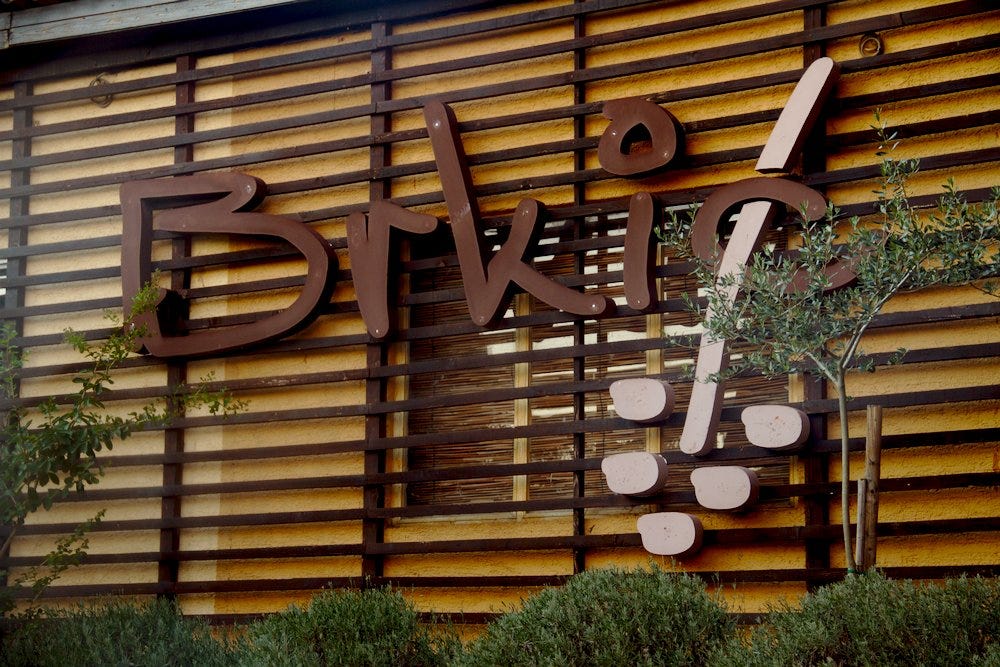For Josip Brkić, every year is an experiment - "Sometimes I bottle them, sometimes I don't", he tells me as we talk in his rather well appointed tasting room in central Čitluk (a winemaking town in Bosnia-Herzegovina's Mostar region).
Mjeseċąr is one that made the grade. Translated as "Moonwalker", the name is an homage to Brkić's conversion to biodynamic farming. It's both a sensitive interpretation of the region's indigenous Žilavka grape variety (pronounced something like "gee-lav-kah" but with a very soft "g"), and a successful "orange wine".
Keep reading with a 7-day free trial
Subscribe to The Morning Claret to keep reading this post and get 7 days of free access to the full post archives.





